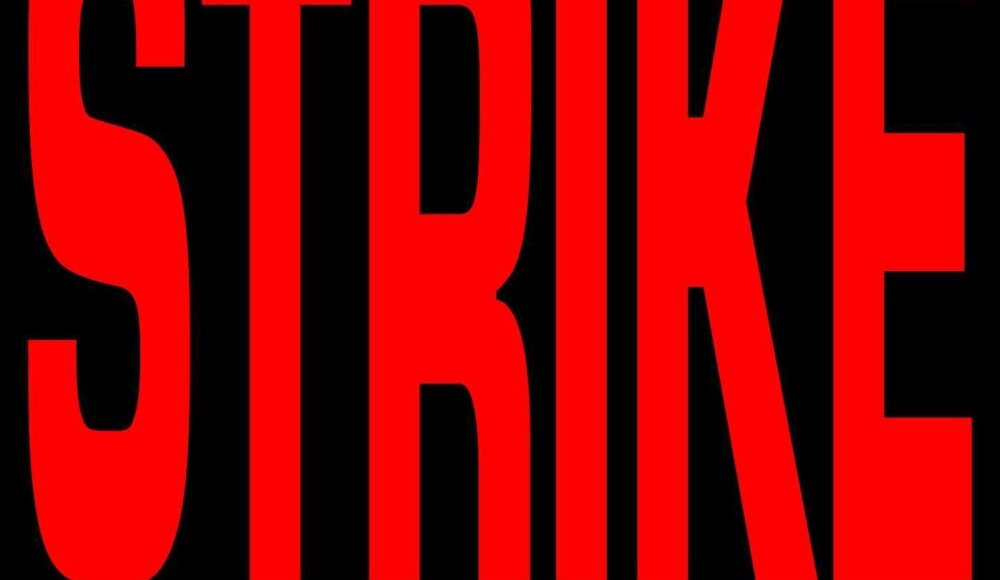Several artists have pledged not to participate in exhibitions or events at German institutions they accuse of enforcing policies that restrict political expression, especially regarding pro-Palestine viewpoints. This movement is driven by Strike Germany, an initiative advocating against what they describe as McCarthyist tactics used by these institutions to control artists' political stances, particularly on Palestine.
The movement has gained traction, with prominent individuals like Turner Prize recipients Lawrence Abu Hamdan, Charlotte Prodger, and Tai Shani, as well as Nobel laureate Annie Ernaux, actor Indya Moore, and academic Christina Sharpe, supporting the initiative. Additionally, numerous Berlin-based artists, including Adam Broomberg, Basma Al-Sharif, Frieda Toranzo Jaeger, Jumana Manna, and virgil a/b taylor, have joined the cause. Some artists have even shared Strike Germany's campaign on social media without formally signing the document.
The controversy intensified following Berlin's adoption of a new funding policy influenced by the International Holocaust Remembrance Alliance's definition of antisemitism, which considers calling Israel a "racist endeavor" as prejudiced. Critics, including Strike Germany, favor an alternative definition from the Jewish Declaration of Anti-Semitism, which advocates for more nuanced assessments of anti-Israel sentiment.
Jesse Darling, a Berlin-based artist and recent Turner Prize winner, publicly opposed the Berlin funding clause in a speech. Darling emphasized the importance of the Jewish Declaration of Anti-Semitism's definition and criticized the current political and cultural environment in Germany, linking it to broader issues of racism and censorship.


 Selena Mattei
Selena Mattei